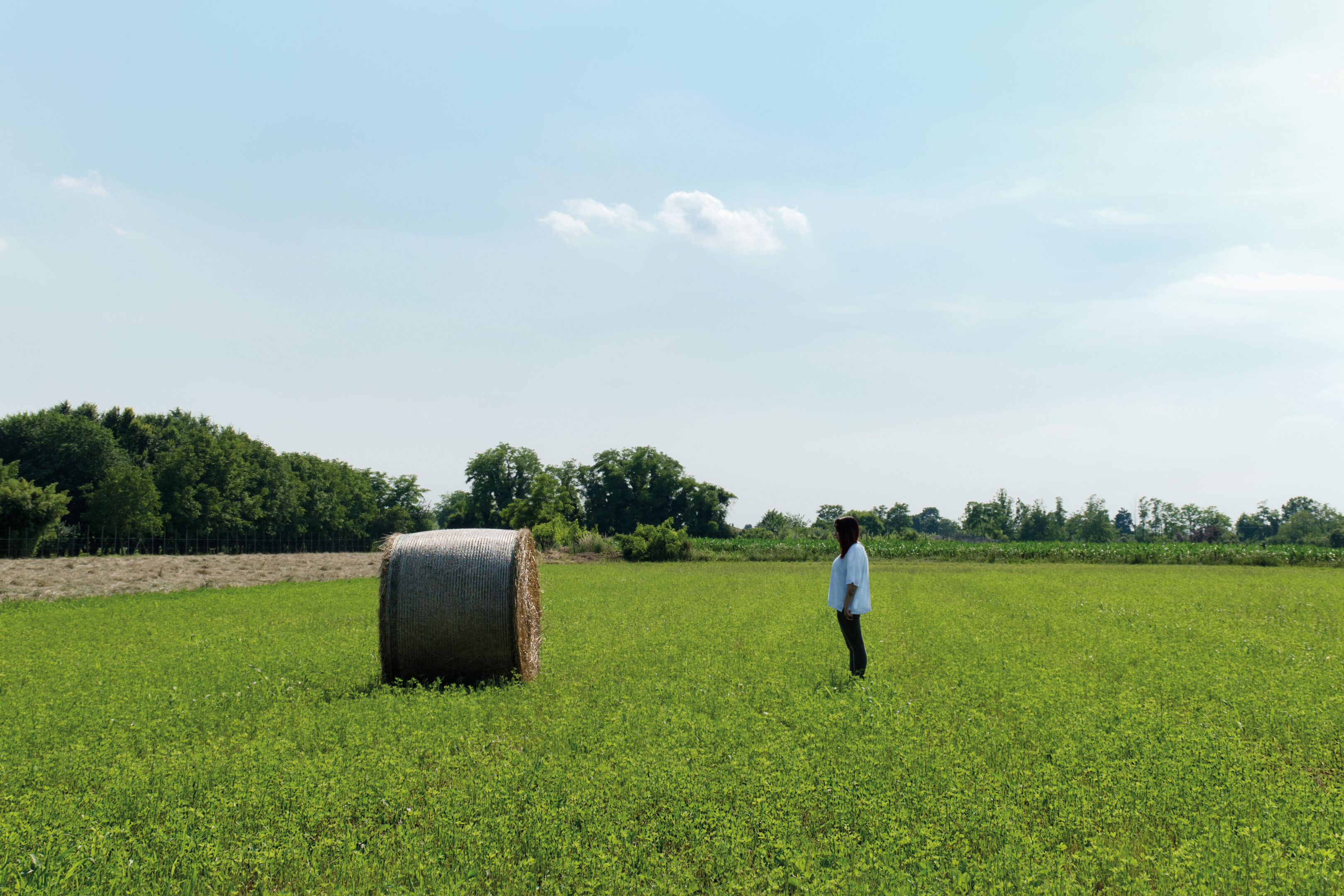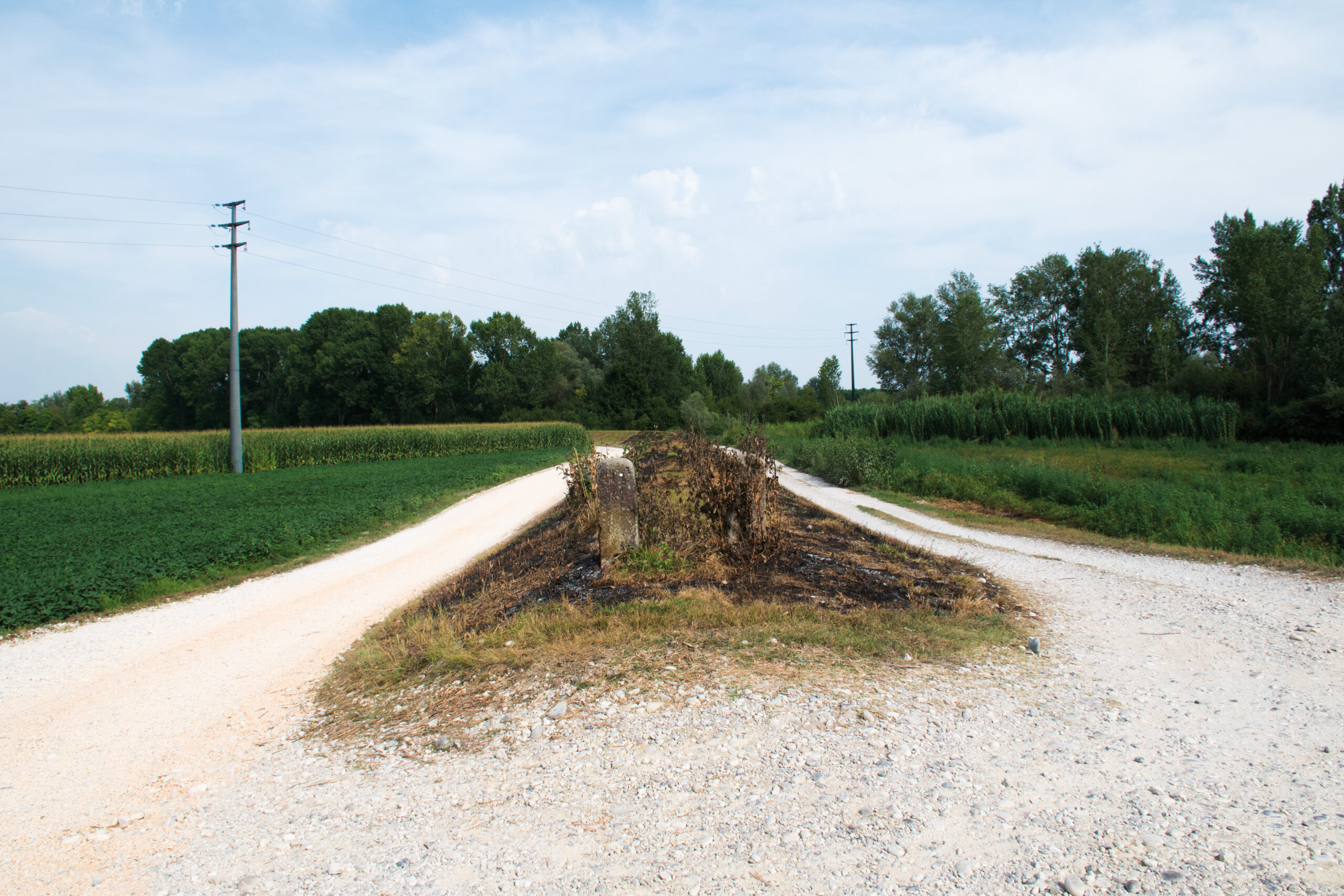
I travel because I have to, I come back because I love you is the appropriation of a Brazilian film’s title, in which a geologist is sent to carry out field research during which he will cross the northeastern Brazilian backlands. The first impression of this type of place, the Sertão, is aridity and isolation.
The images tell the story of people from different parts of the world who have left their home country to live in another. The motivations for this displacement are founded in the most essential feelings: fear, love and survival. The ‘geographies’ of each person—their homeland, city or village—decisively influence the perception of their existence, as well as their relationship with the time and space. Changing this location transforms objective and subjective modes, either by adapting oneself or by projecting old habits into the current context. Asked about what they left behind or what they kept from their lives, the characters of this real fiction narrate through images that they could not find or encounter daily in their new home and seal their participation through the title they choose in their mother tongue.

The outcome of living together with 17 people from 13 different countries was materialised into an artist book, which is part of the installation Library of Love, a project by artist Sandra Cinto featured at CAC – Cincinnati Contemporary Arts Center until December 11, 2021.
***


